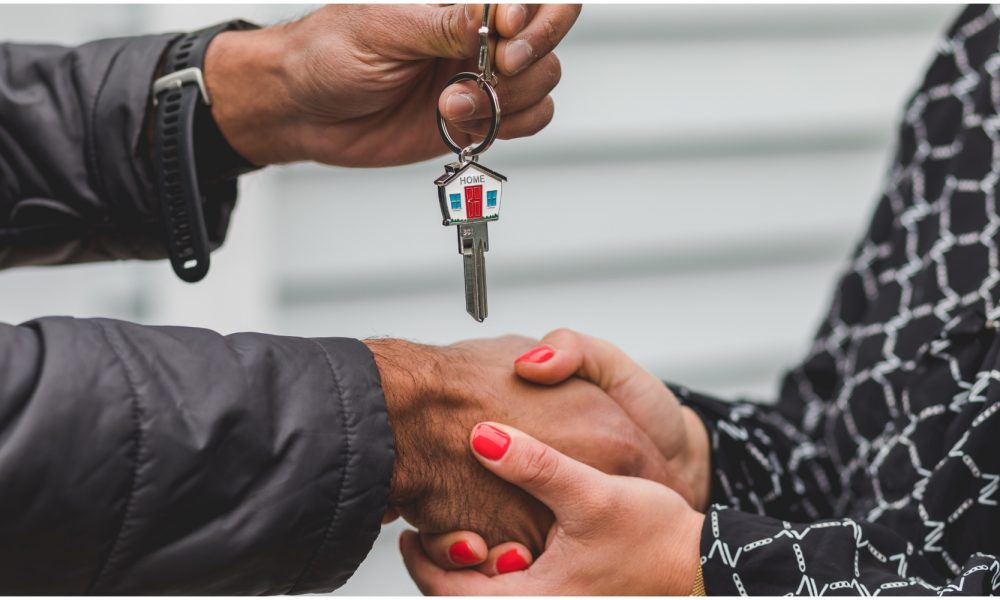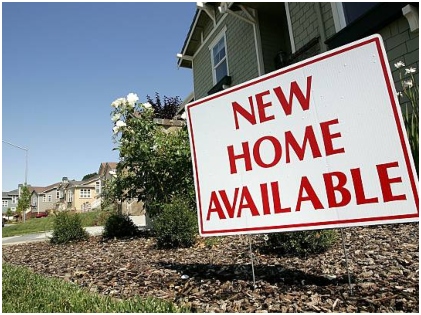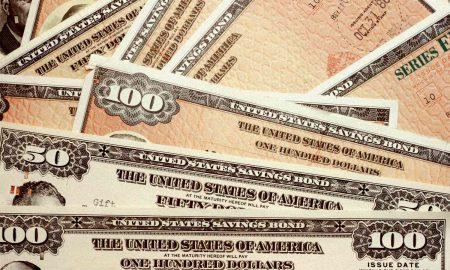
Here Are The Different Types of Mortgage Fraud You Should Know About

 Mortgage fraud usually occurs while buying property, owning property, impersonating as a property owner. Mortgage fraud is when a fraudster buys the property and increases its value by the sales and the resales between the fraudster and someone in cooperation with them. This way, they get a mortgage based on a false value of the property. Check out some of the most common frauds committed that scams homeowners.
Mortgage fraud usually occurs while buying property, owning property, impersonating as a property owner. Mortgage fraud is when a fraudster buys the property and increases its value by the sales and the resales between the fraudster and someone in cooperation with them. This way, they get a mortgage based on a false value of the property. Check out some of the most common frauds committed that scams homeowners.
Fraud for Profit
Industry insiders use their specialized knowledge or authority to commit or act as a catalyst for fraud. Often, a mortgage fraud includes industry insiders like bank officers, mortgage brokers, attorneys, appraisers, loan originators, and other professionals. Fraud for profit concentrates on misusing the mortgage lending process to get cash and equity from the lenders or homeowners.
Fraud for Ownership of Houses
House ownership fraud can include occupancy fraud. This type of fraud is usually performed by a borrower or potential homebuyer who is motivated to retain ownership of a house. For example, the borrower may provide fraudulent information about income and asset information on a loan application or entice an appraiser to impact a property’s appraised value. This is one of the most common types of mortgage fraud as applicants tweak the property’s intended use. For instance, the consumer may disclose to the lender that they intend to live in the house. However, they plan to rent it out. This is done because applicants who occupy the house qualify for lower interest rates and down payments than those who buy it for investment purposes.
Straw Buyer Fraud
 This form of mortgage fraud occurs when a fake buyer or straw buyers allow a would-be homebuyer to take on another person’s identity to get approval on a mortgage loan. The straw buyer often boasts of better credit than the homebuyer. They probably have higher income and lower debt and have a better chance of getting home loan approval than the intended homeowner.
This form of mortgage fraud occurs when a fake buyer or straw buyers allow a would-be homebuyer to take on another person’s identity to get approval on a mortgage loan. The straw buyer often boasts of better credit than the homebuyer. They probably have higher income and lower debt and have a better chance of getting home loan approval than the intended homeowner.
After selling the home, the seller transfers the deed to the property to the new owner. The fake buyer may also have their identity stolen. They do not have a clue about the identity theft, loss of financial data, credit, and other details that mortgage fraudsters might use in the future.
Home Appraisal Fraud
Home appraisal fraud typically occurs when a home is fraudulently inflated much beyond its actual value. A higher home appraisal usually leads to higher prices and transfers more cash to the home seller. A fraudulent higher appraisal report spells bad news to buyers, as it can increase a higher debt burden to purchasing a home.
Generally, home appraisal fraud is dotted by red flags, including data removal from the appraisal or fake renovations as mentioned on the appraisal. If you think your home appraisal has several red flags, you need to get a second appraisal. This usually includes $500 as it depends on the size of the home, but it can help you in the long run and protect you from a bigger issue.
Financial Income Fraud
 If you happen to report inaccurate income information to strike a better deal or a bigger loan, it spells mortgage fraud. Someone messing up the facts on income is trying to get a mortgage loan they may find difficult to get.
If you happen to report inaccurate income information to strike a better deal or a bigger loan, it spells mortgage fraud. Someone messing up the facts on income is trying to get a mortgage loan they may find difficult to get.
Much like home appraisal fraud, income fraud has several red flags attached to it. This includes generic, instead of some job titles. Another red flag is failing to match the mortgage applicant’s employment income filed with the household assets or bank statements. And the inability of the mortgage lender to cater to an applicant’s employer of record.
Predatory Loans
With predatory loans or predatory lending, a mortgage provider helps a homebuyer or applicant to withhold information such as income, down payment, or expenses. Predatory lenders are also the ones that charge high-interest rates, thus entrapping the borrower. They will also come with a fake appraisal to sell the home much higher than its actual value.
The key to avoiding mortgage fraud is to educate yourself. You should never sign a mortgage application form or home appraisal form until you get the complete information. Doing so will save you ample time, money, and stress while trying to buy your dream home.
More in Loans & Mortgages
-
`
Why 50-Year-Olds Are Looking for a Career Change
In today’s fast-paced and ever-evolving job market, it’s not uncommon to see individuals in their 50s embarking on new career paths....
November 20, 2023 -
`
Why Mortgage Demand Is Crashing as Interest Rates Skyrocket
Imagine having a favorite local ice cream shop that suddenly jacked up its prices by 50%. You would probably think twice...
November 18, 2023 -
`
Santo Spirits | Sammy Hagar and Guy Fieri’s Joint Venture
In the world of entrepreneurial partnerships, some unions are destined for greatness. The unexpected alliance between Sammy Hagar, the iconic Van...
November 12, 2023 -
`
Branded Content: A Genuine Way to Connect With Your Audience
Have you ever binge-watched a series on Netflix, only to later realize that the beverage everyone’s sipping on is that brand...
November 3, 2023 -
`
Southwest Airlines Tackles Passenger and Labor Challenges
Southwest Airlines, a prominent player in the aviation industry, has found itself at a crossroads, facing a combination of passenger dissatisfaction...
October 28, 2023 -
`
Everything You Need to Know About Blended Interest Rates
Hou ever blended a smoothie and thought, “How on Earth do my strawberries, spinach, and protein powder come together to taste...
October 17, 2023 -
`
The Osbournes ‘Relaunch’ Podcast After 5 Year Break
If you were glued to your TV in the early 2000s, there is no way you missed the hilarious, raucous, and...
October 10, 2023 -
`
Tesla in China: Back-to-Back Price Drops, But No Sales Jump?
As temperatures soared in the summer of 2023, Tesla seemed to be heating things up in the Chinese market too. A...
October 6, 2023 -
`
Navigating Red Flags in the Workplace
In the journey of our careers, it’s not uncommon to encounter red flags in our jobs that signal potential issues or...
September 30, 2023















You must be logged in to post a comment Login